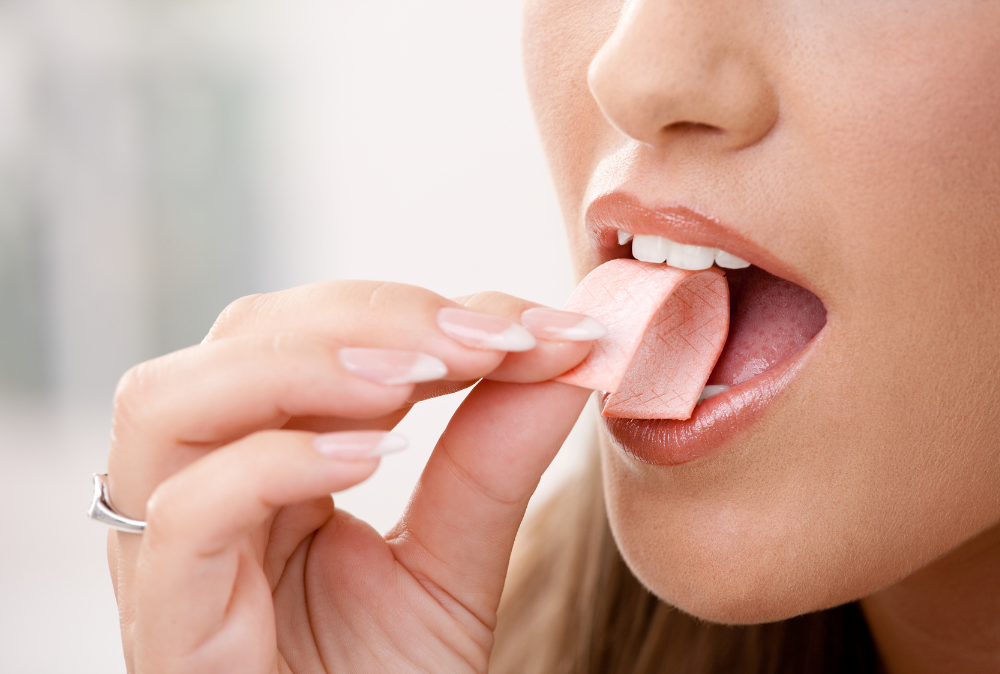
If you’re a Medical Cannabis patient or recreational user, chances are you’ve experienced that unmistakable dryness in your mouth known as cottonmouth. But what exactly causes it? Is it a sign of dehydration? Can it be prevented? Let's spend some time together to explore the science behind cottonmouth, dispel common myths, and hopefully, find some practical advice.
Cottonmouth, medically referred to as xerostomia, is the sensation of a dry, sticky mouth that is often experienced after using cannabis. It can range from mild discomfort to significantly dry conditions that make speaking or swallowing difficult.
This side effect is not exclusive to smoking — edibles, tinctures, and vapes can all lead to cottonmouth.
The primary reason cannabis causes cottonmouth lies in how it interacts with the endocannabinoid system (ECS) — a network of receptors that help regulate various bodily functions, including saliva production.
Cannabis contains compounds known as cannabinoids, with THC (tetrahydrocannabinol) being the most well-known. THC binds to CB1 and CB2 receptors found throughout the body — including in the submandibular glands, which are responsible for producing around 70% of your saliva.
When THC binds to these receptors, it inhibits the signals that tell the glands to make saliva, effectively drying out the mouth. A 2006 study confirmed that cannabinoid receptors in salivary glands play a major role in the dry mouth process.
Contrary to popular belief, cottonmouth is not a direct result of dehydration. While staying hydrated is always important for overall health, cottonmouth stems from suppressed salivary gland activity, not a lack of water in the body.
Drinking water may temporarily relieve the dryness, but it doesn’t address the root cause — suppression of saliva production due to cannabinoid activity. That said, chronic cannabis use combined with low water intake can exacerbate dry mouth symptoms.
Certain factors can increase your likelihood of experiencing cottonmouth:
While there’s no guaranteed way to prevent cottonmouth, there are several strategies that can help manage it:
While cottonmouth itself is usually harmless, chronic dry mouth can increase your risk of dental issues, including cavities, gum disease, and bad breath. If you regularly consume cannabis and notice ongoing dryness, speak with a dentist or healthcare provider.
Cottonmouth is a common and well-understood side effect of cannabis use, caused by THC’s suppression of saliva production — not dehydration. While it may be inconvenient, it’s typically easy to manage with hydration, salivary stimulants, and good oral hygiene.
While we’re at it, if you or someone you know may benefit from Medical Cannabis use, see if you qualify or schedule to get a card today.